Jonas Salk
A photo of Jonas Salk
Date & Place:
Not specified or unknown.
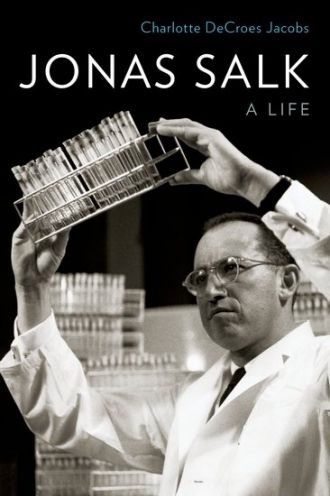
Uncover new discoveries and connections today by sharing about people & moments from yesterday.- Discover how AncientFaces works.
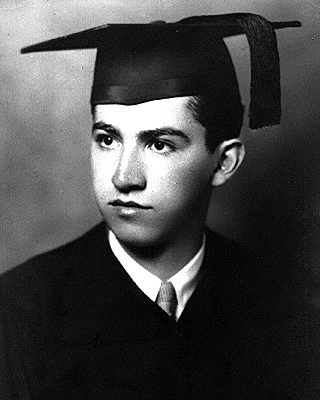
 Amanda S. Stevenson
Amanda S. Stevenson  AncientFaces
AncientFaces 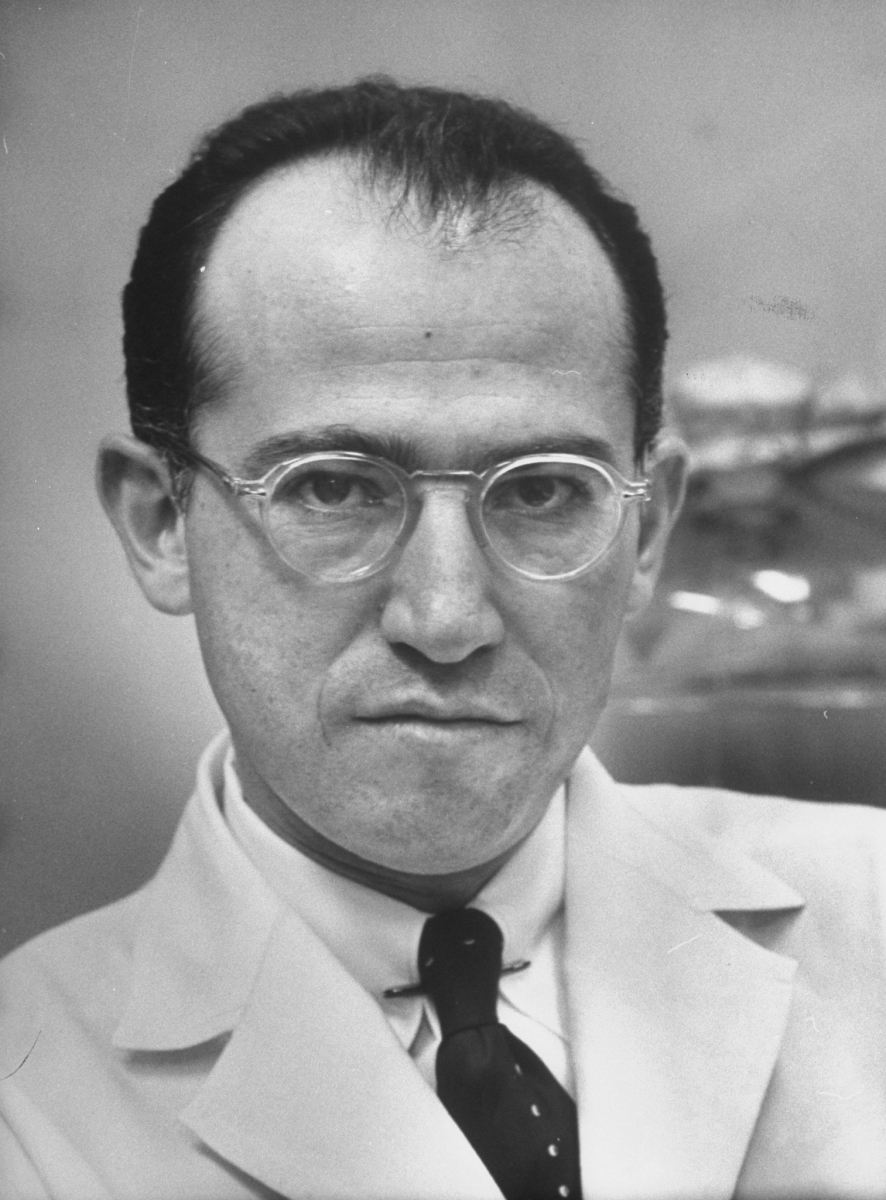
 Amanda S. Stevenson
Amanda S. Stevenson 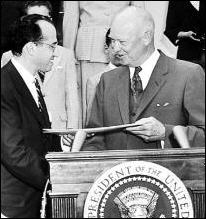
 Amanda S. Stevenson
Amanda S. Stevenson 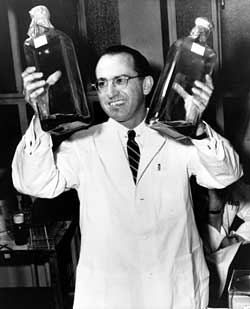
 Amanda S. Stevenson
Amanda S. Stevenson 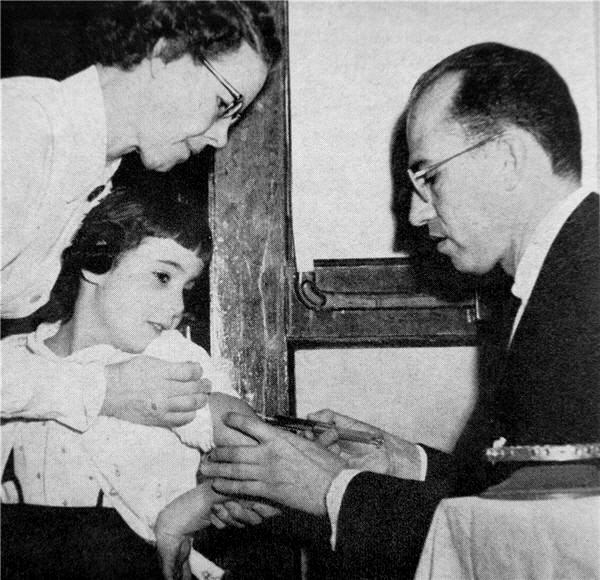
 Amanda S. Stevenson
Amanda S. Stevenson 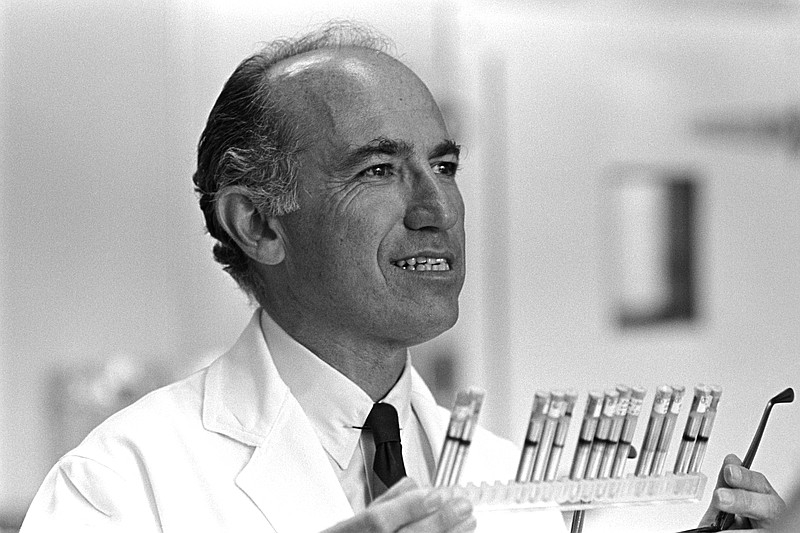
 Amanda S. Stevenson
Amanda S. Stevenson 
Family, friend, or fan...
share memories, stories,
photos, or simply leave
a comment to show
you care.
Remember the past to connect today & preserve for tomorrow.
